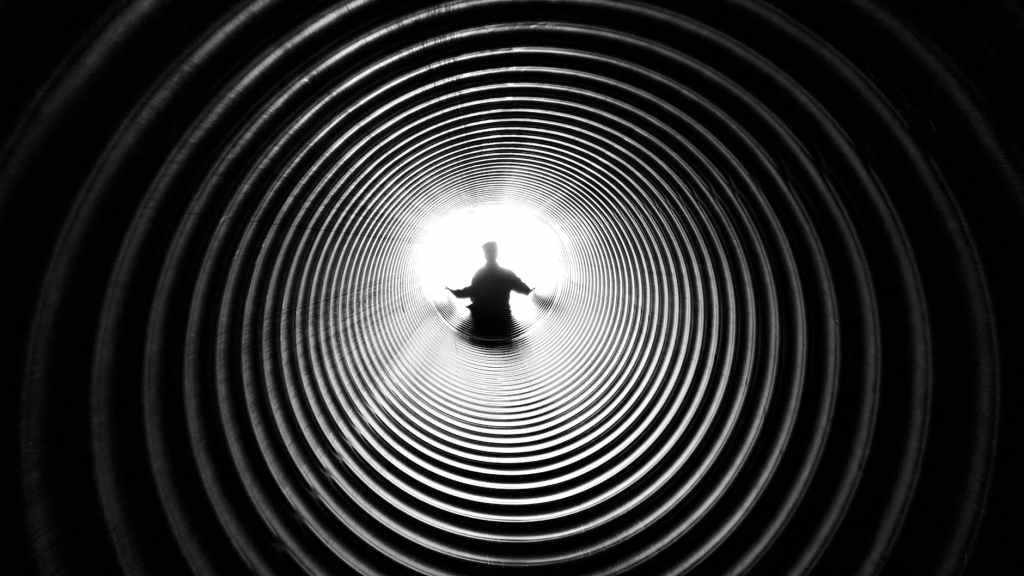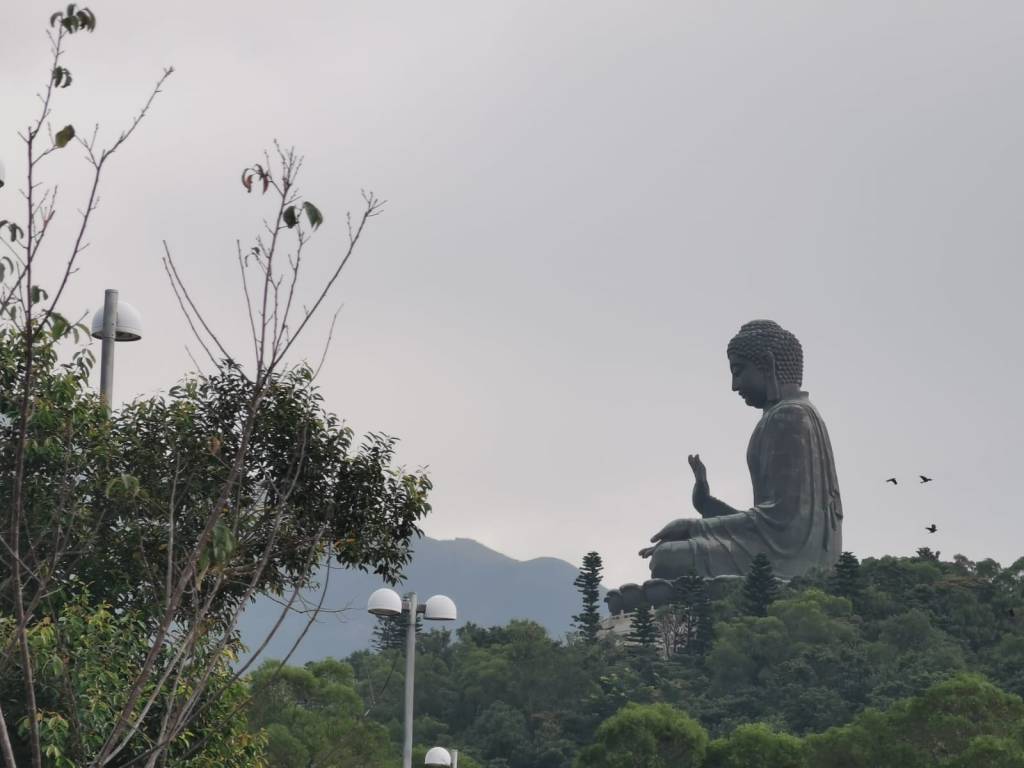-
Is Buddhism atheistic or non theistic?

Buddhism is non atheistic.
However it is not theistic, and do not require a belief to a god.
Means that, yes Buddhism acknowledge gods, however doesn’t require certain belief to a god.
What is atheistic?
Atheistic is an adjective that’s used to describe things that involve atheism—the belief that there is no supreme being or deity.
In other words, atheism is the denial of the existence of God or of any gods.
Buddha did not deny god.
However, to Buddha, these ‘gods’ were not important factors to ones awakening.
What is theistic?
Being theistic is to get involve or relate to belief in a god or gods.
Buddhism do not require a belief in a god or gods.
Buddha said the emancipation does not depend on he benevolent grace of a god or any external power as a reward for obedient good behavior.
Referece: Walpola Rahula: What the Buddha Taught – The Buddhist Attitude of Mind
Buddhism and god
Let us remind that the the founder of Buddhism, the Buddha, did not claim to be other than a human being.
Two ideas are psychologically deep-rooted in man; self-protection and self-preservation. For self-protection man has created God, on whom he depends for his own protection, safety and security, just as a child depends on its parent.
For self-preservation man has conceived the idea of an immortal Soul or Ātman, which will live eternally.
In his ignorance, weakness, fear, and desire, man needs these two things to console himself. Hence he clings to them deeply and fanatically.
The Buddha’s teaching does not support this ignorance, weakness, fear, and desire, but aims at making man enlightened by removing and destroying them, striking at their very root.
According to Buddhism, our ideas of God and Soul are false and empty.
Though highly developed as theories, they are all the same extremely subtle mental projections, garbed in an intricate metaphysical and philosophical phraseology.
These ideas are so deep-rooted in man, and so near and dear to him, that he does not wish to hear, nor does he want to understand, any teaching against them.
Reference: Walpola Rahula: What the Buddha Taught – The Doctrine of No Soul
Also we need to note that the Buddha claimed no inspiration from any god or external power either.
Buddhism is more like a way of life.

Photo by Pixabay on Pexels.com Would you like to know more about Buddhism?
Please Google “What the Buddha Taught”!
Did you like this story? Please check my other posts!
-
Is Buddhism against capitalism?

Not at all.
In fact, Buddha even gave advice to his followers how to manage their finance. He was never a guy who forced other to “trust me and follow me” blindly.
He was talking in common sense.
There are some who believe that Buddhism is so lofty and sublime a system that it cannot be practised by ordinary men and women in this workaday world of ours, and that one has to retire from it to a monastery, or to some quiet place, if one desires to be a true Buddhist.
This is a sad misconception, due evidently to a lack of understanding of the teaching of the Buddha.

Photo by THu00c1I NHu00c0N on Pexels.com The Buddha was interested in the happiness of men. To him happiness was not possible without leading a pure life based on moral and spiritual principles. But he knew that leading such a life was hard in unfavourable material and social conditions.
Buddhism does not consider material welfare as an end in itself: it is only a means to an end – a higher and nobler end. But it is a means which is indispensable, indispensable in achieving a higher purpose for man’s happiness. So Buddhism recognizes the need of certain minimum material conditions favourable to spiritual success – even that of a monk engaged in meditation in some solitary place.
The Buddha did not take life out of the context of its social and economic background; he looked at it as a whole, in all its social, economic and political aspects. His teachings on ethical, spiritual and philosophical problems are fairly well known.
But little is known, particularly in the West, about his teaching on social, economic and political matters.
-
Is Buddhism pessimistic or optimistic?

I don’t think people think Buddhism is optimistic. Rather, people think Buddhism is pessimistic. So did I, who was a stern Bible believer. To make it worse, because of the translation, some people think ‘according to Buddhism is nothing but suffering and pain’.
However it is misunderstanding. Life has happiness and pain. Buddhism never denied happiness. In fact, happiness is a factor for enlightenment.
For enlightenment, understanding of happiness is needed.
The First Noble Truth (Dukkha-ariyasacca) is generally translated by almost all scholars as ‘The Noble Truth of Suffering’, and it is interpreted to mean that life according to Buddhism is nothing but suffering and pain. Both translation and interpretation are highly unsatisfactory and misleading. It is because of this limited, free and easy translation, and its superficial interpretation, that many people have been misled into regarding Buddhism as pessimistic.
THE FIRST NOBLE TRUTH: DUKKHAFirst of all, Buddhism is neither pessimistic nor optimistic. If anything at all, it is realistic, for it takes a realistic view of life and of the world. It looks at things objectively (yathābhūtaṃ). It does not falsely lull you into living in a fool’s paradise, nor does it frighten and agonize you with all kinds of imaginary fears and sins. It tells you exactly and objectively what you are and what the world around you is, and shows you the way to perfect freedom, peace, tranquillity and happiness.
THE FIRST NOBLE TRUTH: DUKKHAThank you my sponsor Daily Hong Kong news company to support me continue my work.
-
Hello Buddhism @WordPress

Hello there! Welcome to ⟪Hello Buddhism⟫! I believe you just reached here by searching “What the Buddha taught” or “Buddha” or any keywords related to Buddhism. Welcome, and I hope you reached the right place.
Because, I am a Buddhist!
Thanks to the free provided platform by WordPress, I am going to write about Buddhism whenever I have time. I will quote the book “What the Buddha Taught” wrote by venerable Sri Lankan Buddhist monk, scholar and writer Walpola Rahula Thero (1907–1997) for most of posts here.
It is pitty that many people misunderstand about Buddhism. In fact, I also had a misconception about Buddhism before I actually started to study.
Interestingly, I was Catholic at first, but changed to Christianity, but again changed to Jehovah’s Witnesses with my parents. Strangely enough, my grandparents were Buddhists. Anyway,
- I thought Buddhists are stupid to worship idols
- I thought Buddhists are pessimic
But when I started to read the book “What the Buddha Taught” wrote by venerable Walpola Rahula Thero, I realized I did not know anything about Buddhism. I was totally wrong.
I will leave the comment section open. Please leave any questions about Buddhism. I will try my best to answer as soon as possible.
I will continue write about Buddhism, and with a story related to real life in the world, not a typical repetitive stories.
Just Another Buddhist
-
Subscribe
Subscribed
Already have a WordPress.com account? Log in now.